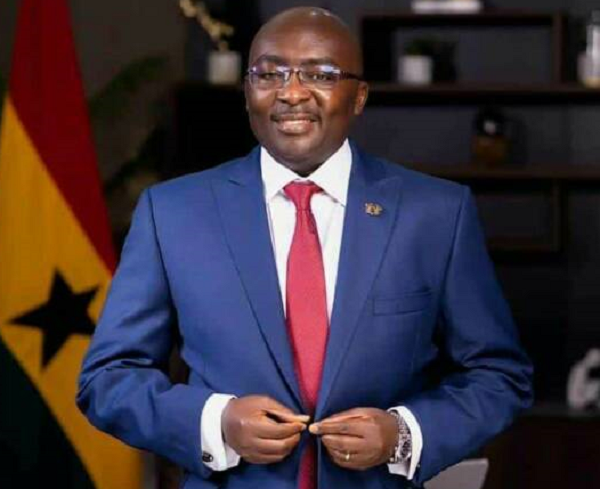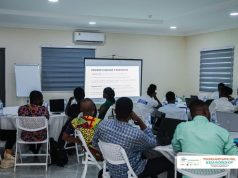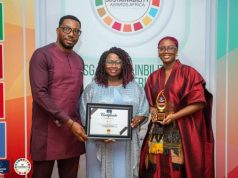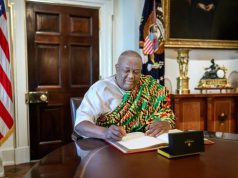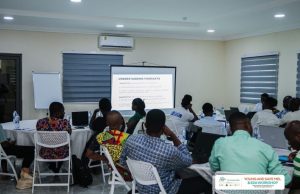A new survey by Global InfoAnalytics reveals Vice President Dr. Mahamudu Bawumia as the preferred choice of 57% of New Patriotic Party (NPP) supporters to lead the party in Ghana’s 2028 presidential election.
The poll, conducted amid preparations for the 2024 polls, positions Bawumia—already the NPP’s 2024 flagbearer—as the dominant figure in the party’s future leadership landscape.
Among all prospective NPP voters, Bawumia secured 48% support in a hypothetical 2028 primary race, far ahead of MP Kennedy Agyapong (25%) and Education Minister Dr. Yaw Osei Adutwum (13%). The remaining 14% of respondents favored other candidates. His lead widens within the party’s core base, with 57% of self-identified NPP supporters endorsing him, compared to 22% for Agyapong and 11% for Adutwum.
Analysts attribute Bawumia’s strong showing to his visibility as Vice President and his role in shaping the party’s economic policies. His current campaign for the December 2024 election, focusing on digitalization and fiscal reforms, appears to have bolstered his appeal among loyalists. The findings suggest a potential consolidation of his influence should the NPP seek continuity beyond 2024.
While early polls offer snapshots of sentiment, Ghana’s political history underscores the volatility of such projections. The NPP, which alternates power with the National Democratic Congress (NDC), has historically prioritized electoral viability over incumbency in selecting flagbearers. Bawumia’s trajectory mirrors that of President Nana Akufo-Addo, who secured the party’s nomination on his third attempt after earlier defeats.
However, the 2028 race hinges on unresolved variables, including the outcome of the 2024 election and the NPP’s ability to retain power—a feat no Ghanaian party has achieved since 2004. A loss in December could trigger internal recalibrations, with rivals like Agyapong, a populist critic of government policies, positioning himself as an alternative.
Moreover, the poll’s focus on party members—who typically favor establishment candidates—may not fully reflect grassroots dynamics. Bawumia’s technocratic profile contrasts with Agyapong’s anti-establishment rhetoric, which resonates with some voters frustrated by economic pressures.
For now, the data reinforces Bawumia’s status as the NPP’s central figure. Yet as Ghana’s political tides shift, his ability to maintain this edge will depend on delivering tangible results in 2024 and navigating a landscape where early leads are no guarantee of victory.
April 2025 National Tracking Poll-FINAL
Send your news stories to newsghana101@gmail.com
Follow News Ghana on Google News

